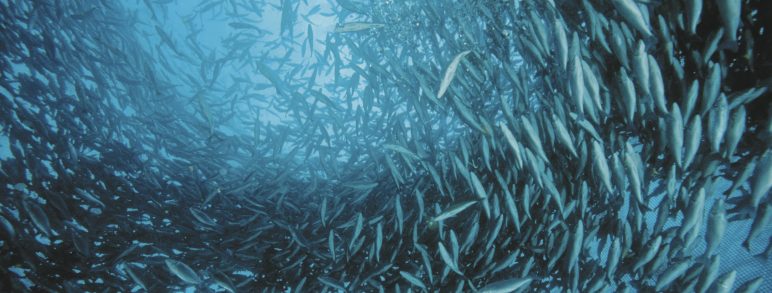A new paper titled “Availability and usefulness of economic data on the effects of aquaculture: a North Atlantic comparative assessment” was published this month in Reviews of Aquaculture. Among it’s contributors are Dr. Lucia Fanning, Dr. Ramón Filgueira, and Dr. Jon Grant of the Societally Endorsed Aquaculture and Carrying Capacity research modules.
In the paper, the authors assess the availability of economic indicators and their ability to detect effects of aquaculture in the North Atlantic region, particularly for the European Union, Norway, Canada and the United States. See the abstract and link to the open-access paper below.
“This paper focuses on the availability of economic indicators and metrics to assess effects of marine aquaculture production in the North Atlantic area (the EU, Norway, Canada and USA), including also social and environmental effects. We consider how aquaculture planning and management is organised in the different countries and the usefulness of economic information to address different aquaculture‐related policies. We find that the most relevant economic data for aquaculture management should be at the local and regional levels rather than nationally. The availability of such economic data is mapped for national, regional and local level. The focus is on data that are publicly available from authorities or research institutions. The availability of data is generally fairly good for national and regional data on the direct economic effects of aquaculture. Data on how aquaculture‐related products or input markets are affected are however poorly available, as are economic data on external effects from aquaculture. Countries with a larger aquaculture sector tend to have better availability of aquaculture‐related economic data than those with a smaller sector. An index is developed and calculated to show more specifically where the countries have relatively good or poor data availability compared to their needs. While it will not always be cost‐effective or meaningful to collect economic data on the effects of aquaculture, our study indicates that several countries could benefit from expanding such data collection. It can make trade‐off decisions more consistent and easier to perform, and aquaculture policies and measures can be better tailored to specific contexts.” (Mikkelsen et al., 2020)
See the full article here

